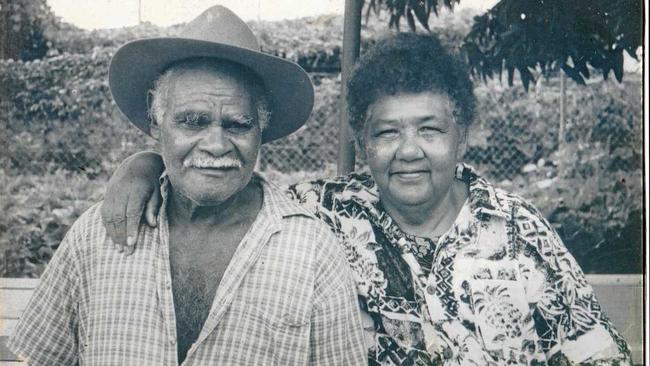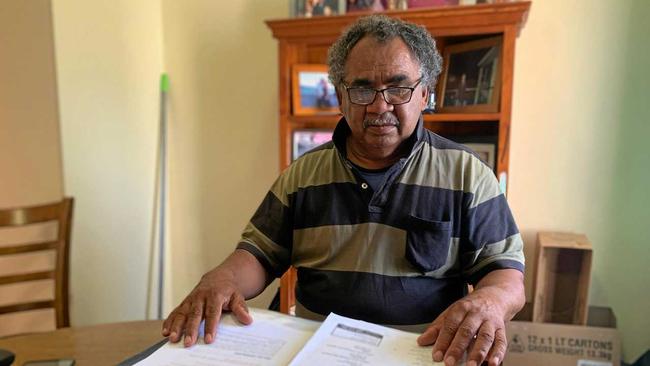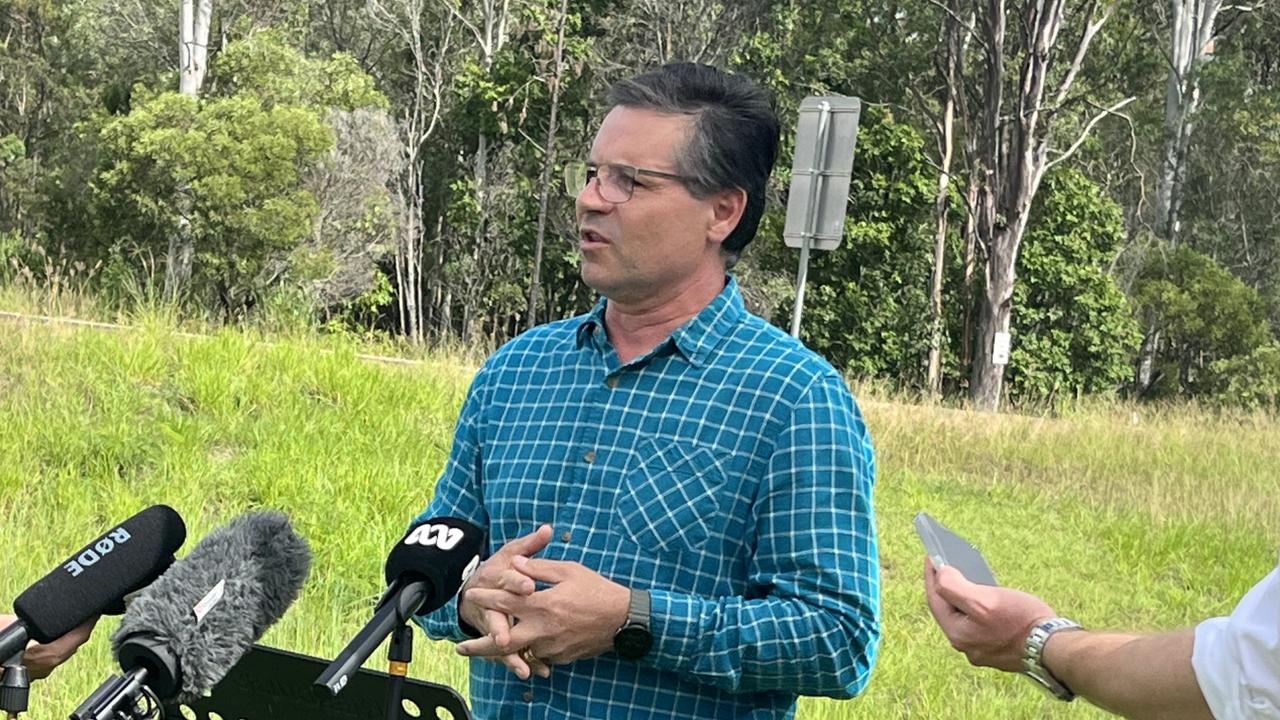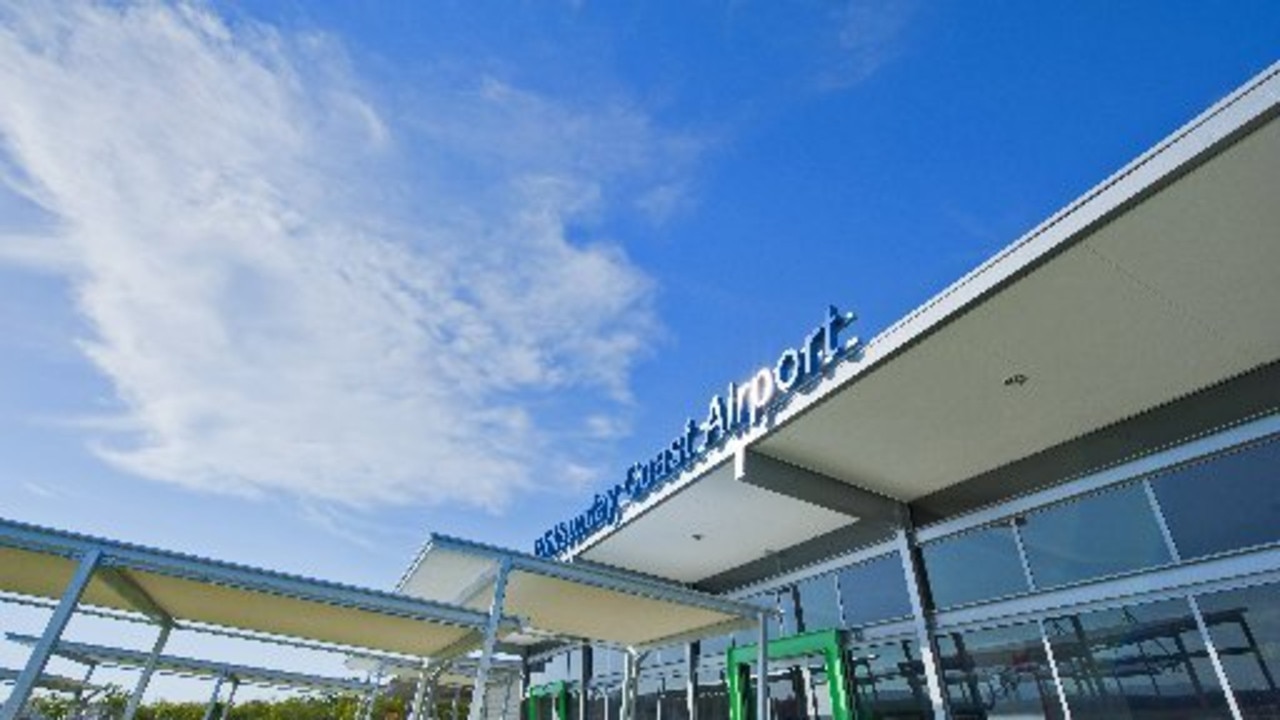A son's fight for his father's stolen wages
The class-action suit will see stolen wages returned the Queensland Aboriginal communities

Mackay
Don't miss out on the headlines from Mackay. Followed categories will be added to My News.
MAXWELL Sauney was a teen when he started working, but it was decades before he was truly paid award wages.
His son, Ross Sauney, joined the battle to have stolen wages returned to indigenous workers after his father died in January 2002.
Now, Ross is one step closer to having his father's wages returned after a ruling forcing the Queensland Government to pay $190m to about 10,000 indigenous workers in Queensland who were wrongfully underpaid.
This will be the fifth largest class action settlement in Australia history. It is estimated about $500m was stolen from Indigenous people in Queensland, former premier Peter Beattie said.
It is not about the money for the Sauney family. It is about ensuring their father is honoured and justice is dealt.
Ross's sister Astrid said hearing the Queensland Government had apologised for the injustice was a monumental moment for the family.
"It was a small window of hope in fighting for something that our dad couldn't do while he was still alive," she said.
As a child, Maxwell lived at Woorabinda, an Aboriginal reserve west of Rockhampton, and worked on stations in the area.
About the age of 20, Maxwell had his exemption from the reserve approved, and he made his way to the Mackay region - where his family was from.
Maxwell found work on cattle stations in the Nebo area and stayed in the region until his death.
In 1966, the Federal Government gave stockmen award wages, which eventually had a flow on affect to other Aboriginal workers nationally. But there were many years of unpaid work before this.
Ross said there was no real way to tell if his father had stolen wages after the law passed. The class action suit covers unpaid wages from 1939 to 1972.
"I remember Dad talking about working really hard, working as a stockman and not getting paid the right wages," Astrid said.
"He'd often ask where all that money (went). Is that a question that has really been answered?
"To hear your father talk about that and ask the question, that is a stand out injustice there ... way back then who was there to advocate for them?"

Ross put an application in to claim his father's stolen wages in 2016 through the State Government, but because his father had died just months after the cut off date, they were ineligible for the settlement money.
So when the new class action suit was launched in September 2016, Ross jumped on the chance to register Maxwell in the case.
"I think it is more than just the monetary value," Astrid said. "It is about the government standing up and saying (they did something wrong).
"The money is a token of value, but to hear someone who had the authority of power to take ownership that these men and women suffered badly and were treated as third-class citizens."
"A wrong has been righted," Ross added.
The siblings said sharing their dad's story was an important step in helping get recognition for what happened to so many Aboriginal people in the past.
"For his grandkids, and kids down the track, it's been recognised and they can carry that and they can tell their kids ... it's always there to bring out ... and say this is what happened way back," Ross said.
Maxwell and his wife Barbara had 10 children; Maxine, Mick (deceased), Jim, Cookie, Ross, Jo-ann, Errol, Astrid, Shane and Lance.
Astrid said they remembered their father as a hard-working family man, and they tried to instil the same values in their own children.
"He made sure we always had food and not only that, but his extended family in Woorabinda," Ross said.
"He'd go down there once or twice a year and take us kids ... and visit his extended family, and some of them were still under the Act."
The class action is before the Federal court, with a ruling date unknown.
Originally published as A son's fight for his father's stolen wages


